First, it should be explained that the Federal Deposit Insurance Corporation (FDIC) is an institution of the U.S. federal government. Its reason for existing is to provide some level of guarantees against bank failure. They do this by regulating banks, auditing them, and insuring bank deposits for up to $250,000 USD (aggregate deposits per institution). What this means – for example is if you have $275,000.00 in liquid asset deposits in any U.S. bank, if that bank fails and/or comes under FDIC jurisdiction, your deposits for up to $250,000.00 are insured by the federal government, meaning the government should issue you a check for that amount. The remaining $25.000.00 in deposits that you had in the failed bank makes you now a creditor for that bank, meaning they owe you that money just as you owe your credit card companies, car finance institutions, etc.
Of course, like any creditor/borrower relationship, your ability to get repayment has no guarantee. The bank can come under bankruptcy protection, etc., which means you would lose all or most of that $25,000.00 using that hypothetical example, but that is a fundamental definition of the role of the FDIC. Its worth noting that credit unions are governed by the National Credit Union Administration (NCUA), which serves the same general purpose for credit unions that the FDIC serves for banks, including insuring deposits for up to an aggregate $250.000.00 per customer/member per institution.
Its important to also note that the FDIC was formed in 1933 as a result of the Banking Act legislation. This happened four years after the great stock market crash of 1929 which means the FDIC was created as a vehicle to encourage renewed trust in the U.S. banking system. Its that question of trust that provides the basis for creating a simple way of analyzing and understanding what is happening with banks within the capitalist system and how to interpret these bank failures.
When we look at the operational functionality of the banking system, we have to start with its origins. Contrary to popular opinion, the international banking system, and the concept of capital as the foundation of that system, did not start from the creative and intellectual genius of the fathers of the capitalist system. Instead, the start up capital for the international banking system came directly from proceeds produced from the enslavement of kidnapped Africans. The labor of their work was converted to revenues that were invested to initiate the banking system and the capital it would rely on to facilitate its existence. Every large international bank today from Chase to Barclays owes its origins to this nefarious beginning. If we understand and accept this ill-refutable history, it should be easy to understand that the capitalist banking system, from its beginning, has been about exploitation and its that reality that paves the way for greater understanding of what’s happening today.
Banks operate by taking your deposits, no matter how large or small, and investing those deposits to generate capital. The more money you have to deposit, the greater incentives the banks provide you for doing so i.e. no fees, more services, slightly higher dividends (returns on your deposits), etc. Regardless, whether you have $250,000.00 deposited in a bank, or $25.00, the process works the same. Your money is used by the bank to invest in any number of financial projects designed to provide a positive return for the bank on your deposit. For the overwhelming majority of us, this is done with little to no return for you. In other words, if you have a job where your paycheck is direct deposited into your bank account every two weeks – say $2500.00 twice per month. And, from each check you have $300.00 automatically transferred into your savings account, that means you are saving $600.00 USD per month. You will receive next to nothing for that money sitting and growing in that bank, but the bank will use your deposits and invest them in any number of profit generating projects – primarily exploitative projects around the world because those types of investments are the best suited to produce the highest return on the dollar. Think exploitative companies that steal resources from Africa for example. Companies like Dutch Royal Shell, or Shell Oil, rob Nigeria’s Niger Delta blind drilling for oil. There is no over-sight and the workers are paid peanuts. As a result, Shell’s profits continue to break records. Well, a bank will invest in Shell’s stocks and profit from Shell’s theft of resources from Nigeria. So, as Shell’s profits grow, the bank’s profits grow. And, by profits we mean capital i.e. money the bank earns that serves the sole and specific purpose of being reinvested for additional profits.
That’s why when the capitalist commentators talk about most U.S. banks being “well capitalized” they are primarily telling the truth. These banks have millions of dollars – dollars they made investing your deposits – sitting around ready for them to invest to make even greater profits. Meanwhile, you get slim to nothing from them using your money and you will even be penalized if you come upon rough times and cannot maintain the minimum requirements they demand to keep your account(s) going. They have to make those demands of you because if your money isn’t available to them, they have nothing to invest and profit off of it. If you think about it, the banking model is basically the same as someone coming to you, taking your paycheck when you cash it, using your money to make additional money from it, and just returning to you what they took from you in the first place. And, if they are unable to get a return on your paycheck, they are usually supported by the government in their financial challenges while you are left to figure out how to proceed on your own with no help or support.
That’ still not even the full story. Besides the example of investing in the exploitative practices of Shell and other criminal multi-national exploitative capitalist corporations, the banks invest heavily into shady and high risk ventures like securities from the secondary market. These type of investments are often bundled high risk mortgage loans – meaning loans provided to buyers who’s repayment potential is questionable, but who agreed to repayment terms at much higher, and profitable, interest rates. These types of unscrupulous business practices by banks have resulted in devastating consequences such as the 2008 mortgage crash in the U.S. where everyday consumers were left houseless while the banks were bailed out by the 2009 multi-billion dollar gangster deal – compliments of the Obama Administration – the most lucrative welfare scheme in human history.
As it relates to banks like the Silicon Valley Bank in Santa Clara, California, U.S., the same principles apply. This bank was the home for software start up companies who invested incredible sums of money in highly questionable ventures for most its 40 year existence. As has been alluded to, this has always been the program of capitalist banks, but in recent years we are seeing the limitations of this strategy much easier because the decline of capitalism i.e. its inability to meet production demands and produce on a consistent basis (due to contradictions with labor, resistance to this exploitation, global insecurity, higher costs of production, etc.) has created conditions where the once assumed stability of capitalist banks is now more and more in question. This is a reality that will continue to create hardship for millions of people, worldwide, but in the long run, this also has the potential to represent a new day for the masses of humanity where capital no longer controls the narrative everywhere on earth. There are a lot of variables to unpack in order to create that reality, but for now, the best thing all of us can do is engage every effort that we can to educate our communities about the role of banking institutions to profit from our continued exploitation and how the system is set up to support their existence, and failures, while making us the main source of accountability for ourselves and their greedy exploitative practices. This problem, like every other problem we face, cannot be resolved through any level of individual initiative. It cannot be resolved by any other approach to stabilizing the capitalist system. This problem is a reflection of the exploitative basis from which capitalism developed hundreds of years ago and its simply a manifestation that this profit over people model of operation is existing in its final days. This may be a scary thought to many, but at the end of the day, Kwame Ture was 100% correct when he said that “if we don’t struggle for revolution, we suffer so why don’t we organize and take the suffering as a pathway to our liberation and forward progress instead of just continuing to suffer with no end in sight?” Capitalist banks are viewed as vehicles to provide us with houses, cars, loans, etc. What they are in reality is a criminal operation that is 100% supported by the U.S. government which is nothing more than a mouthpiece for international capitalism. The sooner we can do the necessary work to create broader consciousness around this, the sooner we can reclaim the resources that rightfully belong, not to a small and criminal elite, but to the masses of people on earth.

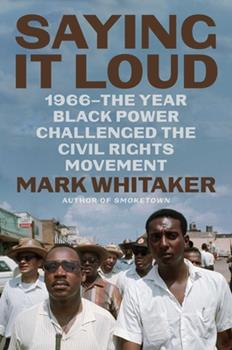
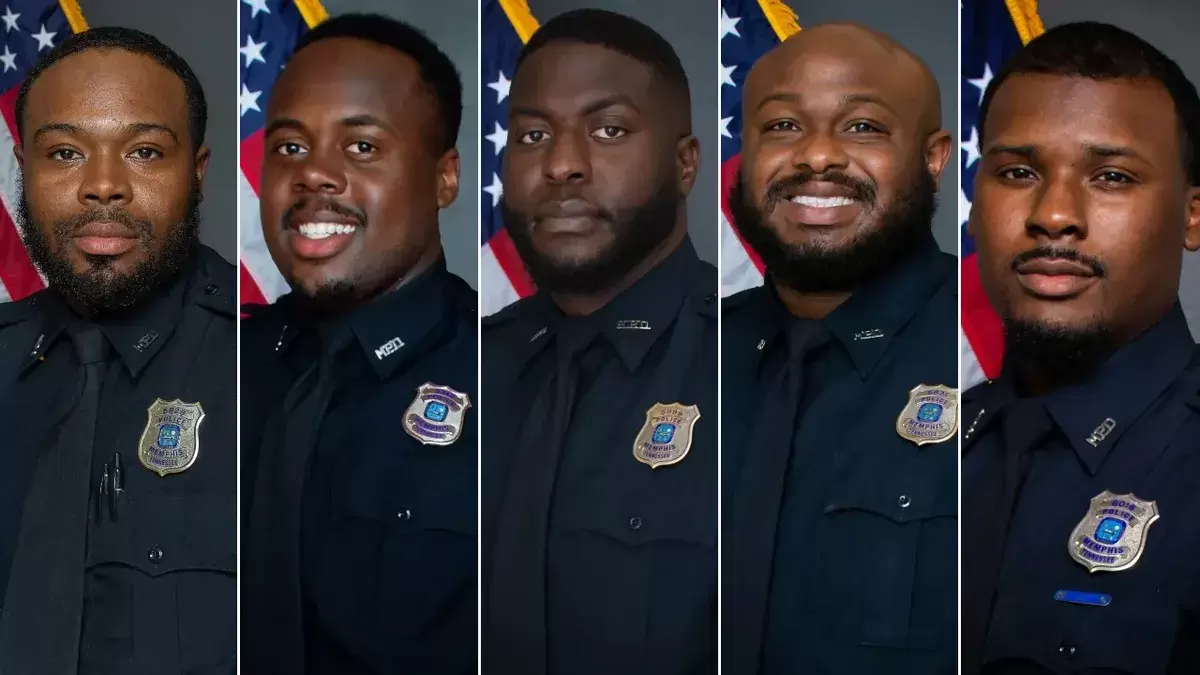
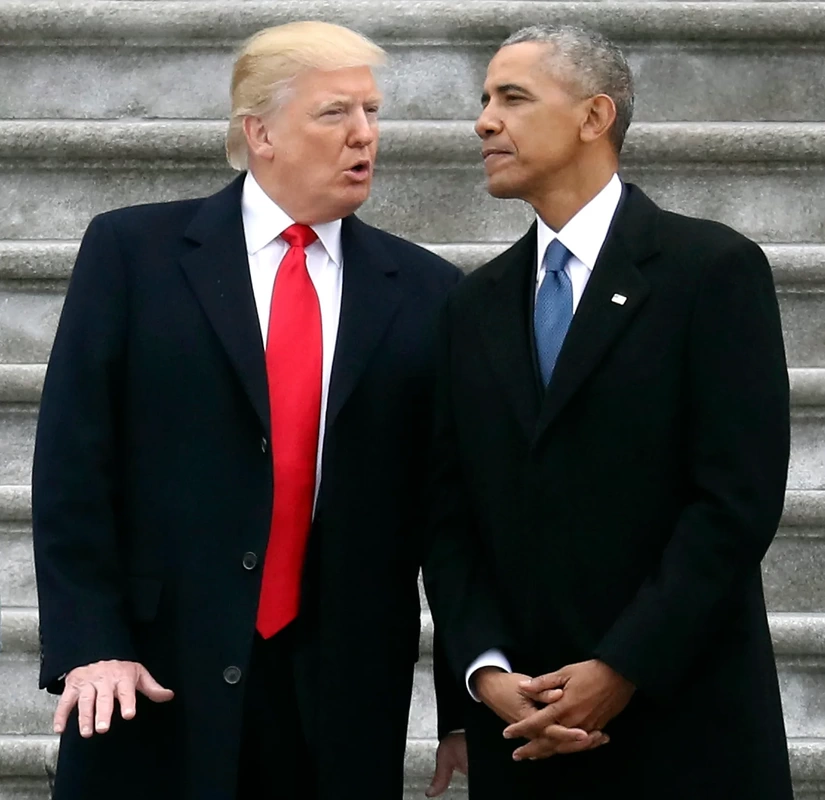
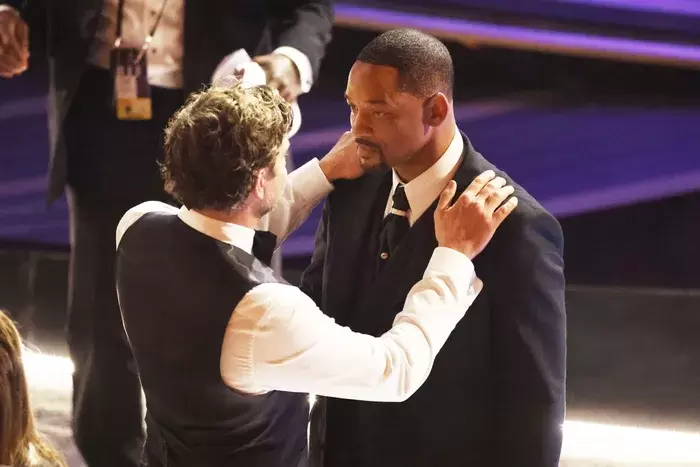
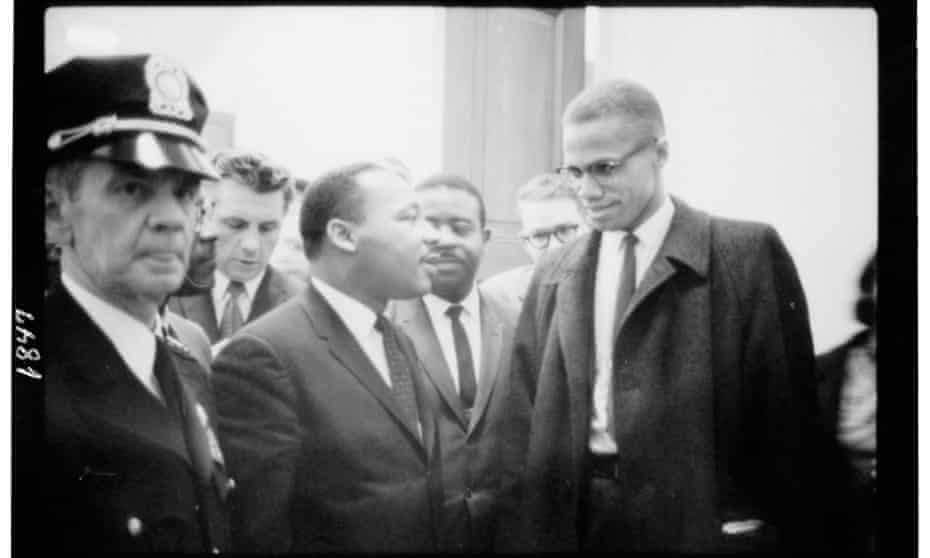
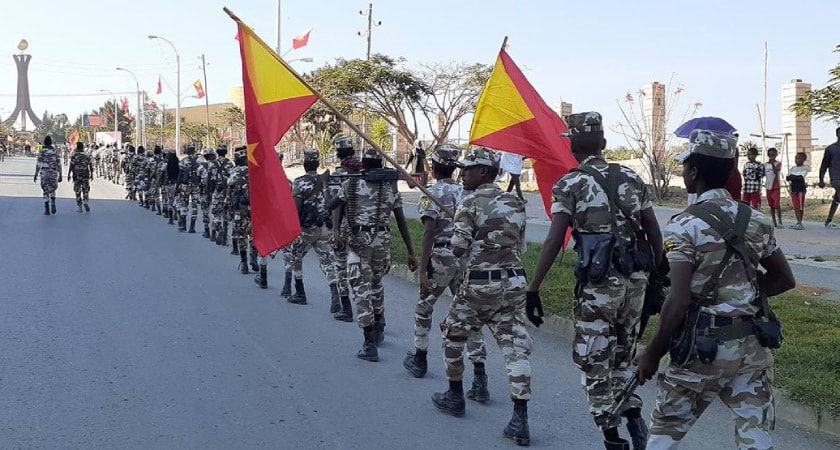

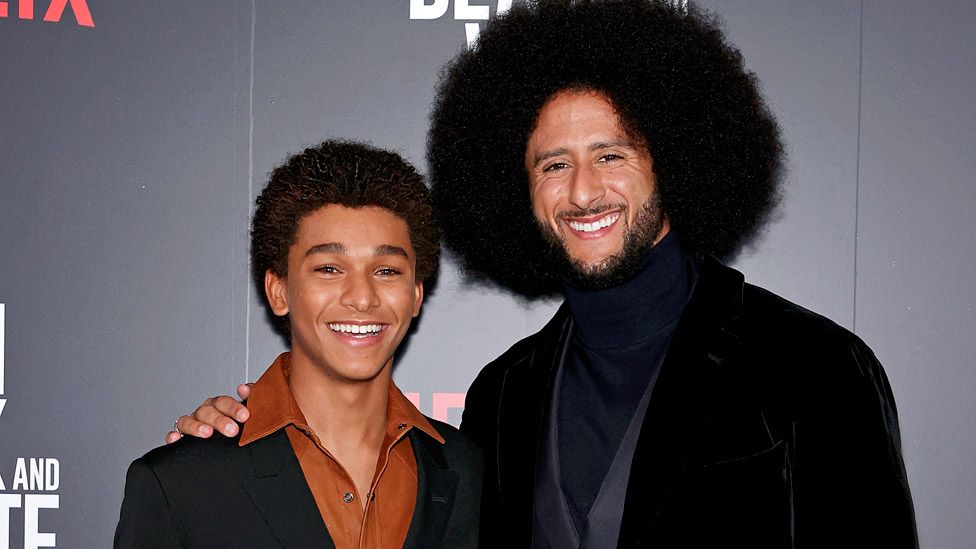
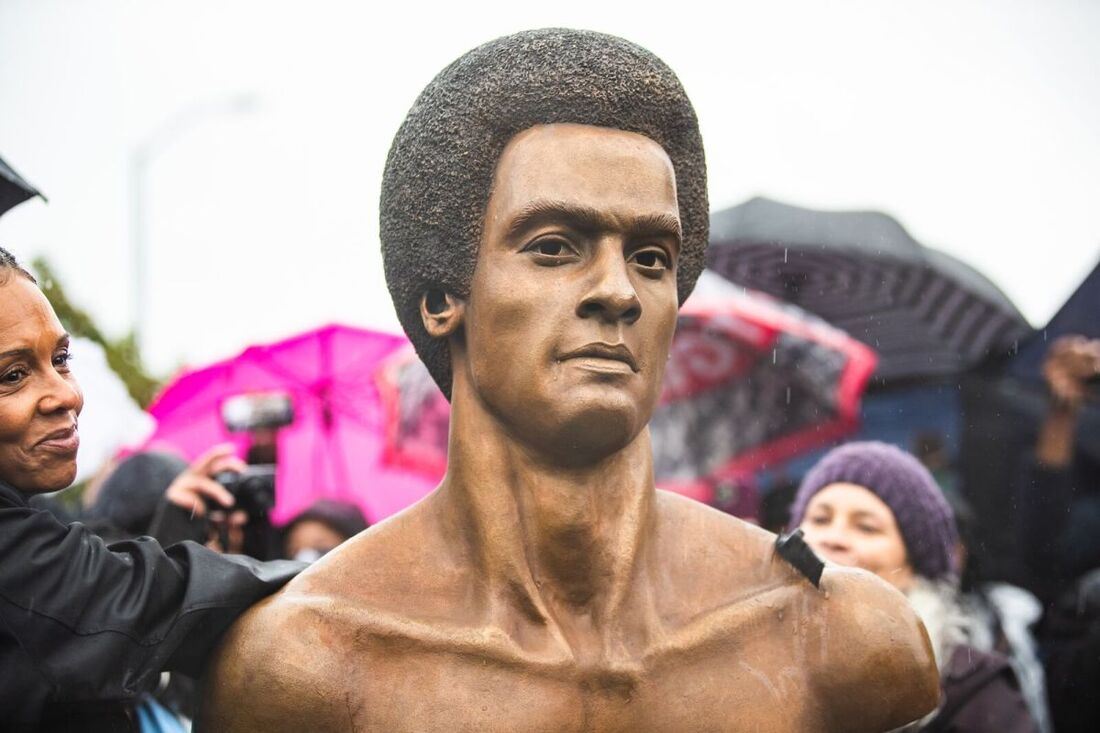

 RSS Feed
RSS Feed
